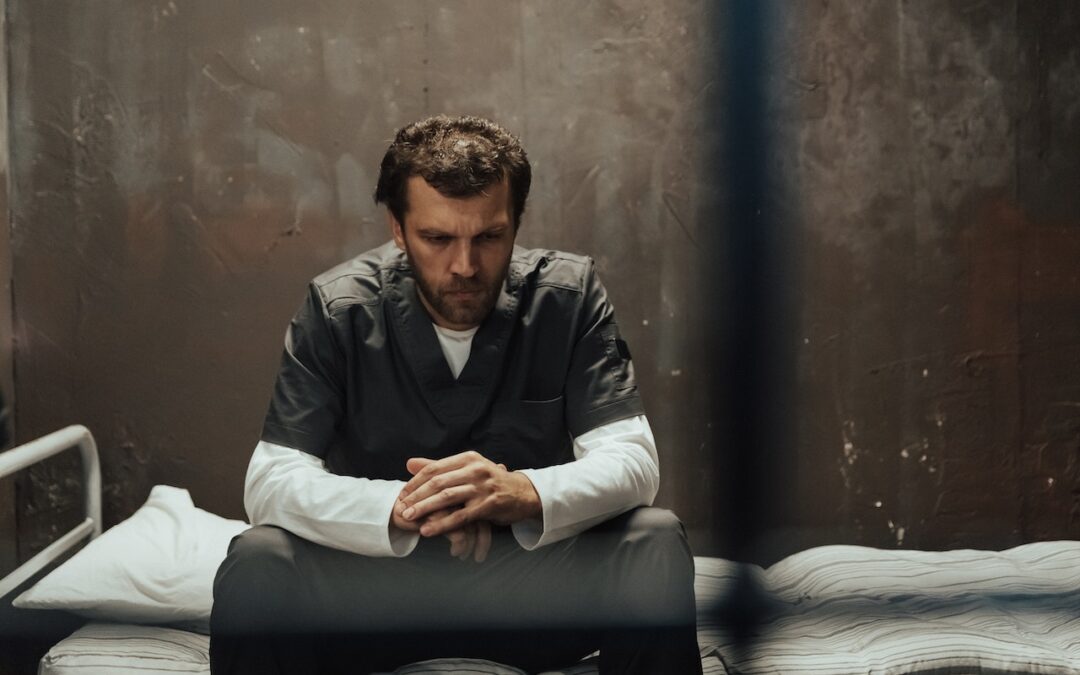Mental health and criminal justice are two issues that have long been intertwined.
In the United States, an estimated 2 million people with serious mental illnesses are currently in prison or jail—more than double the number who live in psychiatric hospitals.
What does that mean?
It means that individuals living with severe depression, bipolar disorder, trauma-related disorders and other severe mental illnesses are now far more likely to be housed behind bars rather than receiving access to appropriate treatment.
This is especially worrisome given the dire conditions of correctional facilities today, raising questions about whether prison is an appropriate response for people struggling with a mental disorder.
Making it abundantly clear that mental health should be a central tenet of criminal justice reform.
Problems of Mental Health in the Criminal Justice System
Individuals with mental illness who enter the criminal justice system struggle to navigate an environment that is not designed for their particular needs.
Why?
Because the prisons are overcrowded and often filled with aggression, violence, and intimidation.
Take this, along with the lack of access to mental health treatment and resources in those facilities, exacerbates and even worsens their illness making it more likely for them not to receive proper reform and they can become a repeat offender.
How Can We Address Mental Health Issues in the Criminal
Justice System?
To try and curb this increasing problem in our criminal justice system’s alternatives to incarceration programs have been developed.
These programs provide therapeutic services to individuals instead of serving them with jail time.
The goal of the programs is to address and treat the underlying mental health issues and steer the individuals towards social integration.
- Diversion Programs-These programs provide individuals with expedited access to treatment and support services by offering a more collaborative and individualized approach, which can help individuals address their underlying mental health concerns while also reducing their involvement in the criminal justice system.
- Community-based treatment programs– This provides individuals with a range of services, such as counseling, case management, and medication management, to address their underlying mental health concerns and reduce their risk of reoffending.
Such programs have been found to be more effective than incarceration in reducing recidivism rates, which is part of the goal.
- Restorative justice– Focuses on repairing the harm caused by the individual’s offense and addressing the needs of the victim and the community.
It involves the offender taking responsibility for their actions, making amends, and being held accountable for the harm caused.
This approach can be effective in addressing the root causes of the individual’s behavior and reducing their likelihood of becoming a statistic.
To ensure fair and just outcomes for all, it’s essential that we take steps towards reframing how we view criminal justice within our society and look at alternatives to incarceration for people struggling with mental illness.
One of the first steps in addressing the intersection of mental health and criminal justice is to identify individuals with mental health concerns as early as possible in the criminal justice process.
By addressing mental health issues, maybe just maybe, we can start to heal properly as a society and live in peace and unity.
Looking for advice? Contact our office today!

